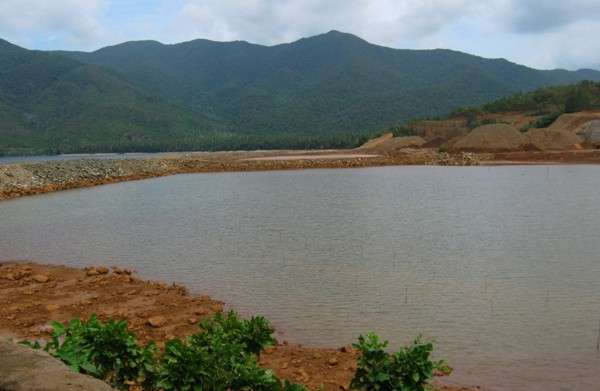Amsterdam/Manila, May 24 2016 – As the first round of negotiations of a Free Trade Agreement (FTA) between the Philippines and the EU commences in Brussels, a new report warns that it endangers effective regulation of the mining industry in the Philippines.
The Philippines is one of five countries worldwide with the highest overall mineral reserves. Its estimated 9 million hectares of land with mineral reserves (gold, copper, nickel, aluminium and chromite) occupies 30% of the total land area of the Philippines.
Forty-seven large-scale mines are in operation in the Philippines and evidence of their social and environmental cost is growing. In response, all candidates in the May 2016 presidential election, including President-elect Rodrigo Duterte, argued for “responsible mining”. However the country’s ability to properly regulate or close polluting mines will be severely constrained by investment treaties, such as the EU-Philippines FTA, that provide excessive protection for foreign investors.
“Despite promises of economic growth, industrialisation and jobs, the mining industry has provided less than 1% of the country’s Gross Domestic Product (GDP). Many mines have been found guilty of human rights violations and environmental damage, but denying or revoking mining permits creates the risk of investment treaty cases. The EU-Philippines FTA could allow investors to sue the government at international arbitration tribunals if they believe their profits have been unduly affected”, said Jaybee Garganera from Filipino coalition against mining, Alyansa Tigil Mina.
The report, produced by two Filipino organisations (Alyansa Tigil Mina, Focus on the Global South) and the Amsterdam-based Transnational Institute, brings evidence of how investment protection chapters, such as the one proposed for the EU-PH FTA, have been used by multinational mining corporations to sue governments for billions of US dollars for decisions to deny or revoke mining permits, due to environmental concerns or the violation of the human and social rights of indigenous peoples, among other reasons.
Mining firms have been one of the main corporate sectors worldwide to take advantage of investor-state dispute mechanisms to sue states for regulation of mining. Fifty-two investment arbitration cases currently relate to mining. Based on the forty-four cases for which data are available, mining companies have sued governments for a total of $53 billion. For example, Canadian company Infinito Gold is suing the government of Costa Rica for USD 1 billion because the government revoked the license to exploit the open-pit gold mine due to concerns about the loss of tropical forest. The government of Romania is also facing a USD 4 billion arbitration lawsuit by Canadian-UK Gabriel Resources for the denial of an environmental permit to build Europe’s largest gold mine that would cause severe environmental damage and destroy priceless archaeological sites.
“Communities worldwide affected by mining-related pollution in their rivers and destruction of their lands, find themselves not only fighting powerful corporations but also an international trading system stacked against them. A web of trade and investment agreements has created an architecture of impunity, making it increasingly difficult to effectively regulate mining operations. The Philippines could be the latest victim unless this agreement is stopped”, said Cecilia Olivet, researcher with the Transnational Institute.
For more information contact
Jaybee Garganera, Alyansa Tigil Mina
Email: [email protected]
Joseph Purugganan, Focus on the Global South
Email: [email protected]; Mob:+639228299450
Cecilia Olivet, Transnational Institute
Email: [email protected]; Mob: +32 474972501







